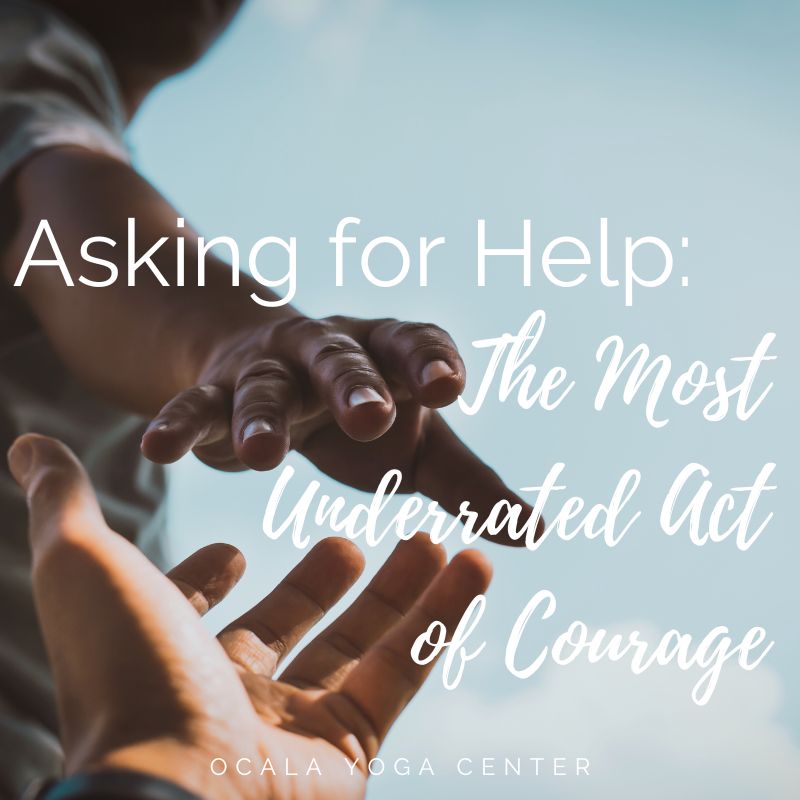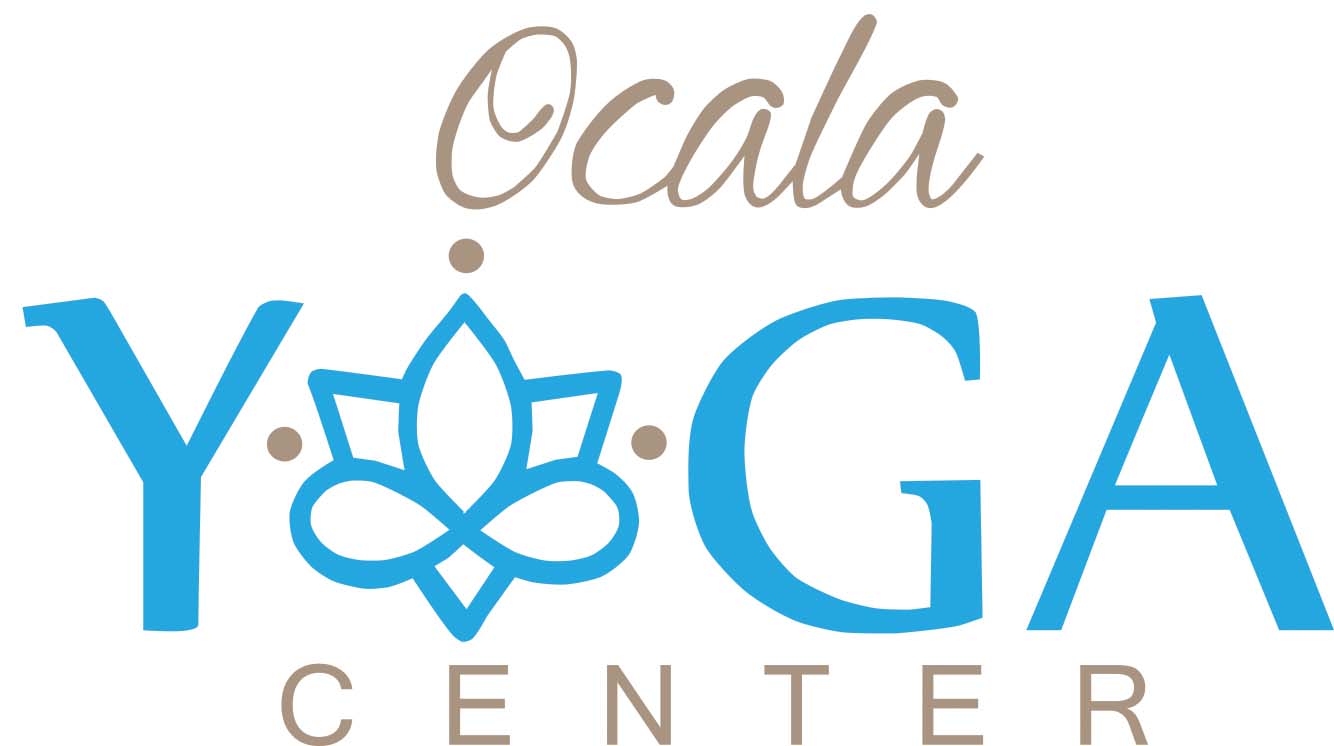Asking for Help: The Most Underrated Act of Courage
Let’s just say it plain: asking for help is hard.
It’s messy. It’s uncomfortable. It pokes at every single button we’ve wired into our identities around independence, competence, and worthiness. For many of us, help sounds like a four-letter word we learned to avoid somewhere around middle school, where needing anything from anyone felt like social suicide.
And yet—we can’t do this life alone. That’s not a flaw in the system. That is the system.
Asking for help requires vulnerability. And vulnerability, despite what we’ve been taught, is not weakness. It’s courage. The definition of courage isn’t “being tough enough to handle everything by yourself.” Courage is showing up when you can’t control the outcome.
“Vulnerability is not winning or losing; it’s having the courage to show up and be seen when we have no control over the outcome.” — Brené Brown
When we ask for help, we risk rejection. We risk being misunderstood. But we also open the door to connection, and connection is why we’re here.
There’s No Shame in the Ask
Here’s what happens when we don’t ask for help: we burn out. We resent the people around us. We feel isolated and alone. And slowly, we build a wall that no one even knows how to knock on. That wall? It’s made of “I’m fine” and “I’ve got it handled” and “Don’t worry about me.” Sound familiar?
The truth is, most of us don’t need someone to fix our problems. We need someone to see us in them. Asking for help is how we say, “Hey, I can’t do this by myself anymore. Will you sit beside me for a while?”
In yoga, we have a reminder baked right into the philosophy. Patanjali tells us in Sutra II.46:
“Sthira sukham asanam” — The posture should be steady and comfortable.
But that steadiness and ease? It’s not about muscling through a pose in isolation. Sometimes it looks like reaching for a block, taking a knee, or waving your teacher over because you’re not sure what the heck is going on. That’s not failing the practice. That is the practice.
Asking Is Leading
In leadership research (and let’s be honest—life is nothing if not one long leadership experiment), one of the most significant traits of strong leaders is this: they ask for help. They model it. Because when they do, they make it safe for others to be human too.
The Bhagavad Gita gives us this gem in Chapter 4, Verse 34:
“Approach a teacher with humility, ask sincere questions, and serve with devotion. The wise will impart knowledge to you because they have seen the truth.”
Even the fiercest warriors—yes, even Arjuna—had to stop, break down, and say, “I can’t do this. I need help.” And that moment of truth? That’s when transformation begins.
Let It Be a Bridge, Not a Barrier
Asking for help isn’t a breakdown in your character. It’s a breakthrough in your connection. It lets people in. It lets you in.
Because here’s the thing: people want to show up for you. They don’t know you need them unless you let them see it. The strongest relationships you’ll ever build will not be because you held it all together. They’ll be because you had the courage to say, “I’m falling apart. Can you hold this with me?”
Yoga teaches us union. Not just breath-to-body. But person-to-person. Soul-to-soul.
An Invitation from Us
If you ever need a hand in class, a quiet word after, or just someone to listen—we’re here. Your teachers are here. Your community is here. No question is too small. No ask is too much. You don’t need to do this alone; at OYC, you never have to.
Asking for help isn’t a weakness. It’s one of the bravest things you can do.
We’ll meet you there—with open hearts, and maybe a bolster or two.
Much Love,
Kristine

